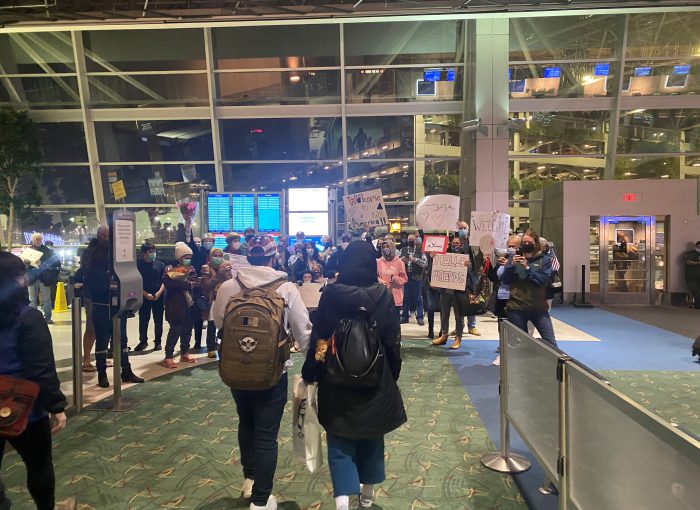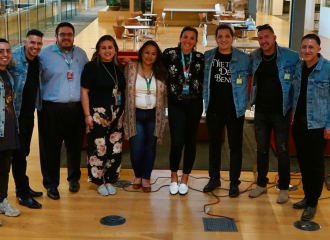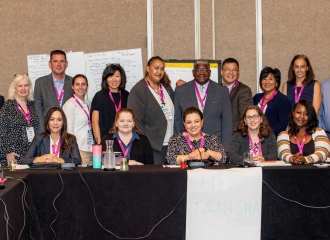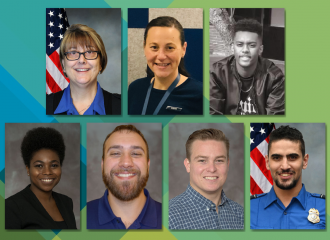Nora Yotsov has greeted more than 70 arriving flights at PDX without knowing a soul on them.
Some arrive very late at night. Others pull in when the airport is bustling. But all of them carry anywhere from one to up to more than 20 Afghan refugees who welcome a friendly face for the final stage of their resettlement in the United States.
In the coming months, there will likely be similar plans for Ukrainian refugees. Logistics take a while to implement, but the expectation is that PDX will once again greet another series of refugees with a smile, empathy and compassion.
Direct knowledge
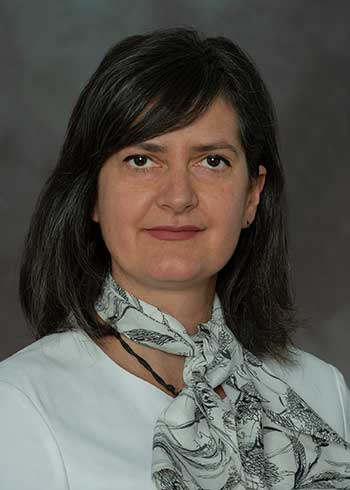
As senior manager of emergency and security operations for the Port of Portland, it’s not typically part of Yotsov’s public safety role to welcome incoming flights. But when she learned about Afghan refugees coming to Portland, she immediately wanted to assist. After all, she knows firsthand what it’s like to come to a new country and start over: Yotsov herself is a refugee.
“We left Bulgaria, which used to be a Communist country, when I was young,” Yotsov said. “First, we went through two different refugee camps – one in Turkey and the other in Italy. When I was 10, we came to San Diego. I remember feeling so excited flying into the airport. So, for me, the ability to help welcome people on that last step of that journey is very important.”
In addition to being hospitable, meeting this particular type of arriving passenger at the gate also makes logistical sense. Some refugees don’t speak English or may feel overwhelmed upon arrival. Passengers may misplace their identification or get lost. Case managers from resettlement agencies meet arriving flights, but sometimes get delayed by traffic. Meeting passengers at the gate mitigates many potential difficulties.
The first step in a long journey
Once refuges arrive in the U.S., resettlement agencies help with needs such as medical treatment, employment and housing. From the first arrivals in November 2021, resettlement agencies have coordinated with the Port to have volunteers meet refugees’ flights. It’s a gesture that means a lot, says Nikki Chung, volunteer coordinator at Lutheran Community Services Northwest (LCSNW) in Vancouver, Washington, one of six resettlement agencies working with incoming Afghan refugees.
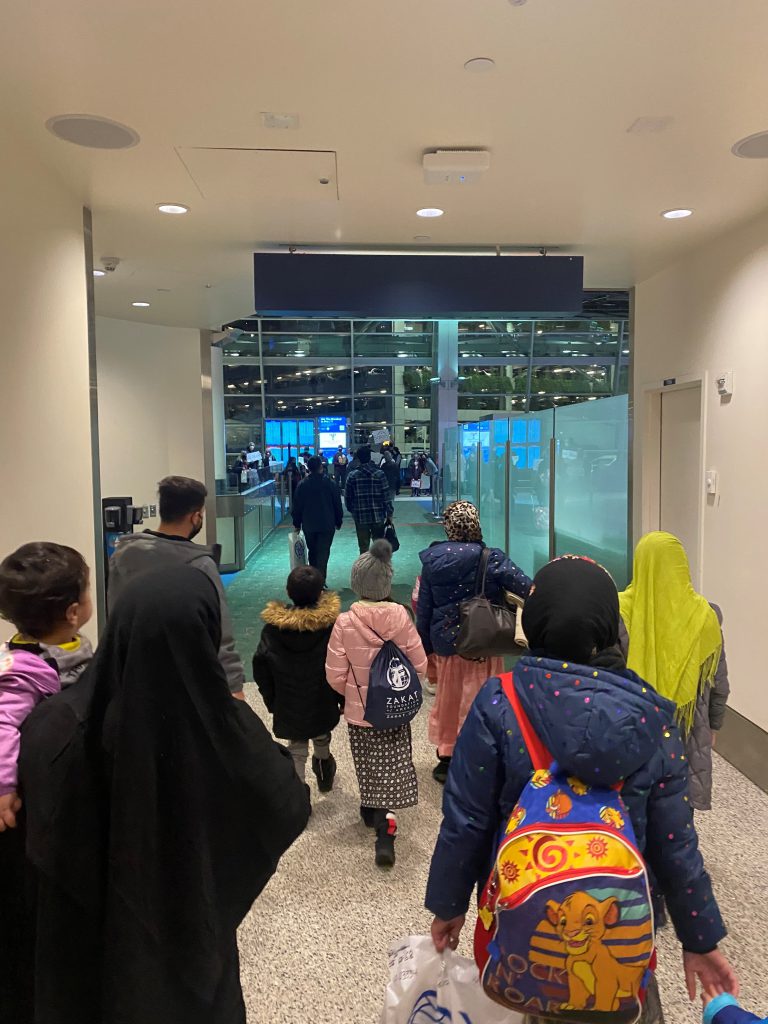
Chung said the Port helped LCSNW and other agencies greet flights by providing conveniences such as parking passes and security escorts for volunteers, simplifying the pick-up process.
“Volunteers like Nora understand these are moments in time etched in peoples’ hearts and minds,” Chung said. “Refugees have all these unknowns and expectations and insecurities. You’re showing up in an airport in a city that’s supposed to be your new home. And then you see a group of friendly faces that say, ‘We’re glad you’re here, and we’re going to walk this with you.’”
Nasirullah Safi, a case manager at Salem for Refugees, has been through this experience himself. As a child, he served as an interpreter and cultural advisor for U.S. troops in Afghanistan; he has now lived in Oregon since 2018. His experience provides a similar perspective for others who have fled Afghanistan.
“People tell you things when you’re from the same background. It’s not just when you meet them at the airport; it’s when you start working with them and get to hear their journeys and their dreams,” he said. “I can help them build confidence here, because I’ve been where they’ve been. Honestly, I feel like the luckiest man in the world to have this job.”
New and old traditions
Afghan refugees coming to the area are very diverse – some have little formal education while others have advanced degrees. Some are fluent in English. Others don’t speak a word of it. But what they do have in common is their lives instantly going from what they know to something completely unknown.
Yotsov has seen many stories exit those planes, from intact families to those broken into bits and pieces. “The first family I met was a widow and her eight- and ten-year-old daughters. They were all just so excited. Another group was a couple married two days before they evacuated. His wife is now pregnant and they’re settled in Salem,” she said. “Some families are shy and won’t look you in the eye. Others have kids running around everywhere.”
It’s powerful to see families reunite, said Beverly Pearman, director of public safety and security at the Port of Portland. Other Port employees have also welcomed flights, as has Jeff Ley, TSA’s assistant federal security director for law enforcement.
“Sometimes when people read about events like this in the news and think about cultures different from ours, they can make judgements,” Pearman said. “But when you see the families hugging, you see how much we all have in common. You realize the value of treating people with respect and dignity. We all want the same thing in life: To live freely, make a living and be with family.”
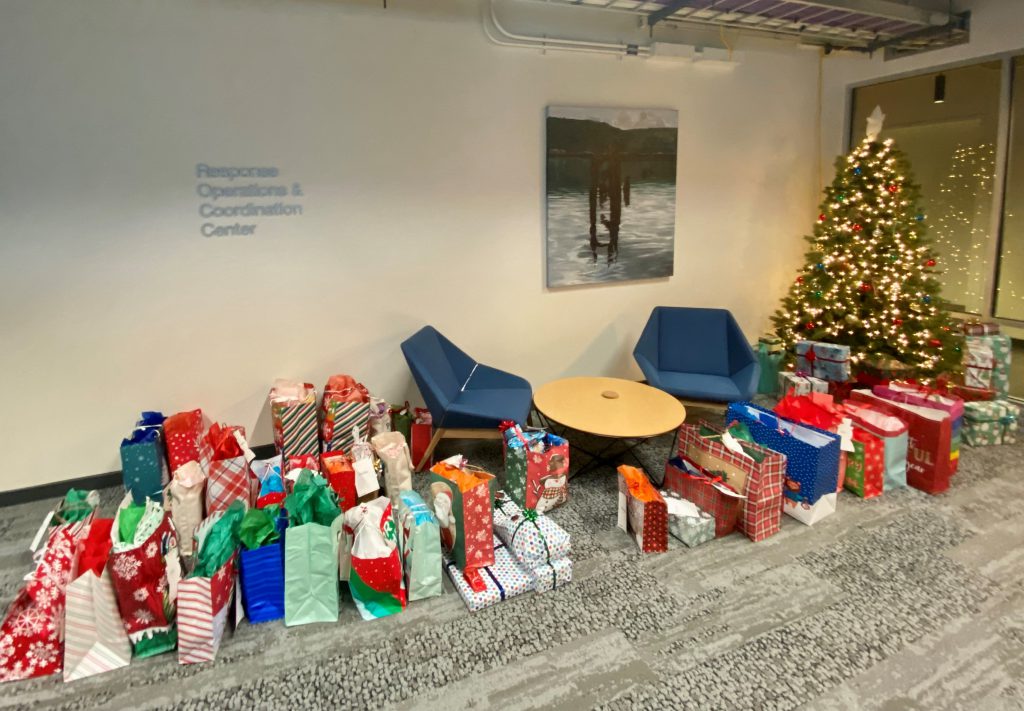
Although it’s not traditional to celebrate Christmas or birthdays in Afghan culture, Yotsov’s team wanted to share some of our country’s holiday customs and provide gifts for families who have endured so much. She arranged a giving tree and Port employees bought holiday gifts for nine Afghan refugee families, delivering wrapped presents to them a few days before Christmas.
“It was a great thing to see their faces. They were like, ‘For me? Really?’ A lot of stuff was useful, like gloves, hats, kettles and car seats, but also toys. It was so fun, and our team got so excited about being a part of it,” Yotsov said.
Giving back, at any hour
“I cannot say enough about Nora and how helpful she has been,” said Chung. “To meet someone straight off the plane is a gift. She is there in the middle of the night if something goes wrong. We text her anytime and she will help. It’s amazing.”
Yotsov has done this work on her own time. And through early mornings or late nights, she does it because of her care and commitment to the community.
Said Pearman, “Nora cares very much. She is willing to dedicate a lot of time both professionally and personally to endeavors like this. It shows that no matter how busy we are, we can find time to give back and help others.”

